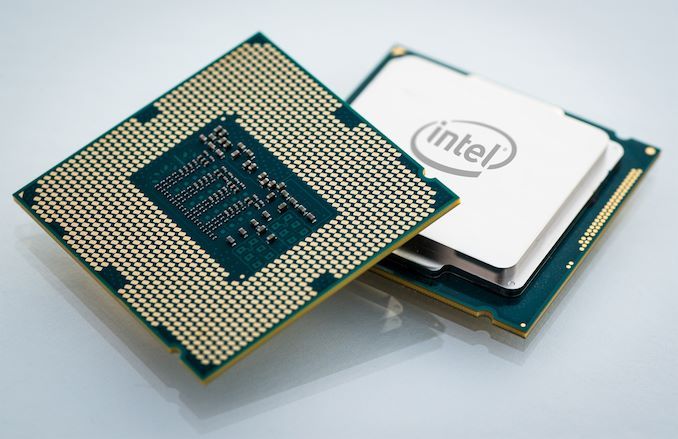In its Q2 2020 earnings release today, Intel announced that it has postponed the introduction of its 7nm CPUs by six months from the originally planned launch date.
A hard blow for Intel forced to postpone its 7nm
Intel’s press release also states that the yield of the 7 nm process is now 12 months behind the company’s internal targets, which means that the company is currently not ready to produce the 7 nm process in a commercially viable manner. The company is now saying that its 7nm CPUs will not come to market until late 2022 or early 2023, which is a major setback for its technological ambitions, particularly with regard to AMD.
“The company’s 7nm CPU production time changes by about six months from previous expectations. The main driver is the performance of Intel’s 7nm process, which, according to recent data, is about 12 months behind the company’s internal target”.
Intel CEO Bob Swan said the company has identified an “error mode” in its 7nm process that is causing performance degradation problems. As a result, Intel invested in “contingency planning”, which Swan later defined as the use of third-party vendors.
The company will also use third-party vendors as a contingency plan for its upcoming Ponte Vecchio 7nm GPUs, the company’s first graphics chips. Swan said the GPUs will arrive in late 2021 or early 2022, which predicts a delay from the original schedule for the ex-Aurora supercomputer launch in 2021. Ponte Vecchio comes as a chip-based design, and Swan made it clear that part of the production of the chips will be outsourced to third parties.
Intel is not happy with this situation and generates more problems just when their 10nm process started to work well. This means more benefits for AMD who will have access to more advanced process nodes. We will keep you informed.
